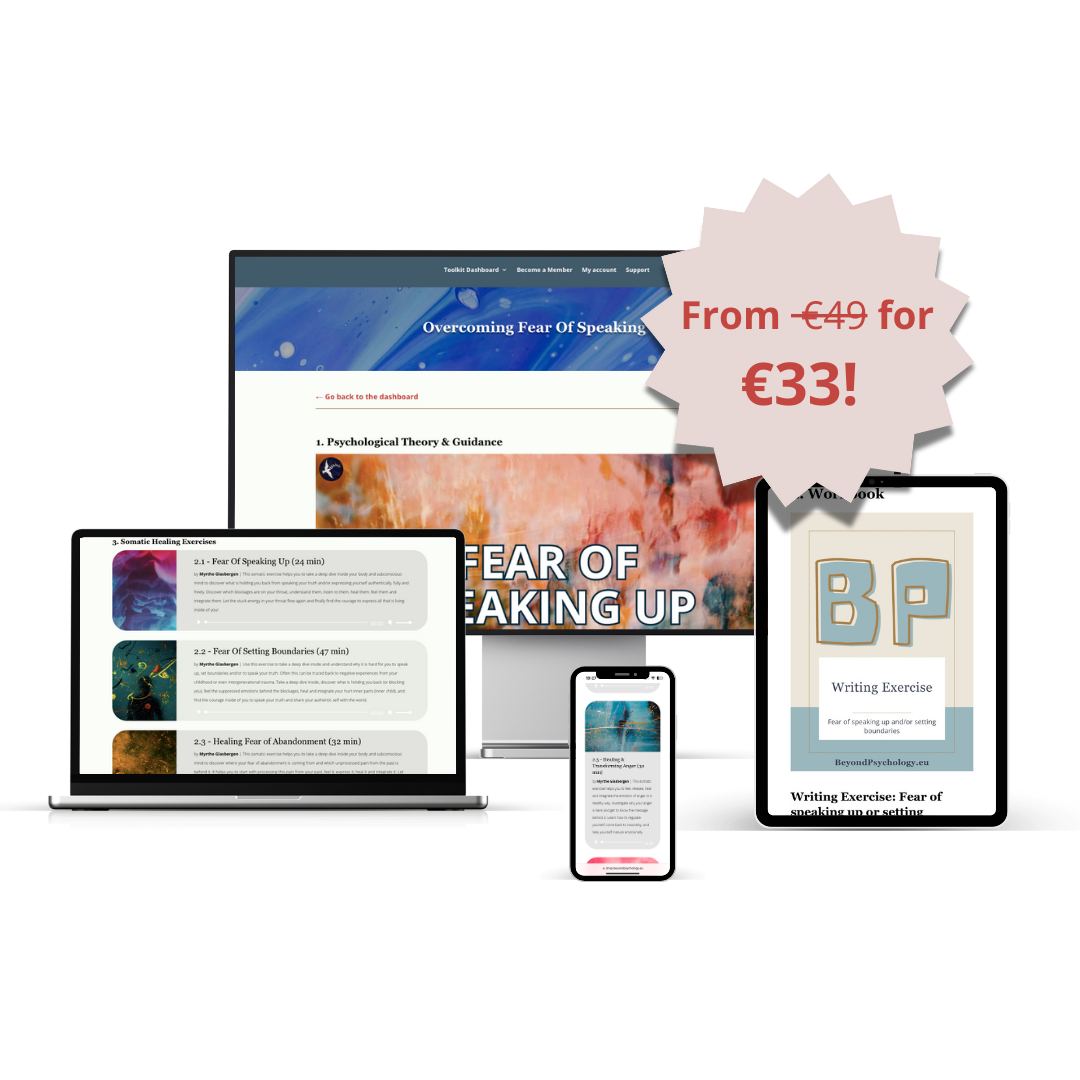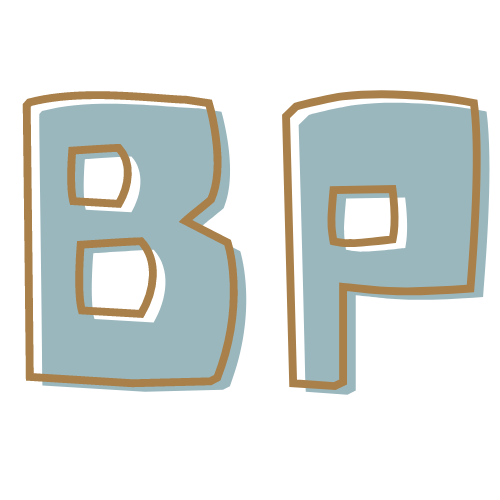In this blog, I want to explore the fear of conflict, especially the kind that arises when you’re about to express a need, set a boundary, or share your opinion, point of view, or dream. It’s that fear you feel when someone gets angry with you, disagrees, or says something you don’t like, and you may want to respond, but feel too afraid to do so.
In short, I want to discuss the fear of any kind of conflict that could lead to disconnection with another person—be it a minor disagreement or a larger, more intense conflict.
Below you can watch my video about this topic. Prefer to read on? Just scroll below the video.
Why do you fear conflict?
Fear of conflict can often be traced back to childhood experiences, especially if you grew up in a family marked by trauma or dysfunction. It could be that expressing yourself authentically wasn’t safe in your childhood. Perhaps it wasn’t acceptable to share your opinions, needs, or boundaries without facing some form of consequence—like punishment, shaming, blaming, or yelling.
Maybe you had a parent who was emotionally unpredictable, prone to explosive anger that created a constant sense of unease. You might have learned to walk on eggshells, striving to be the “good” child—quiet and compliant—so that your parent wouldn’t get angry.
In more severe cases, you might have experienced physical abuse, where caretakers punished or hit you, making conflict feel dangerous on a very real level.
What does ‘conflict’ mean?
Conflict, at its core, is simply you expressing your individuality—your needs, boundaries, and opinions—coming into contact with someone else’s. It’s natural for people to have different views and preferences. But when you grow up in an environment where there’s control, emotional abuse, or neglect, it can feel emotionally unsafe to express who you really are.
In these types of environments, as a child, you might have learned that showing your true self or expressing a different opinion led to disconnection from your caregivers. And that disconnection can be deeply traumatizing because, as a child, you’re entirely dependent on those around you. To avoid that pain, you start to suppress parts of yourself, creating a “false self” that keeps you emotionally safe. This is how and when you begin to prioritize staying connected over being authentic.
Download Our Free Starter Pack
& Start Your Journey of Self-discovery, Healing, Transformation & Empowerment!
The trauma on disconnection
When it comes to fearing conflict, it’s often a result of deeper trauma from childhood. The fear can stem from past experiences where conflict meant facing separation (emotional or physical) and/or a lack of alignment with others. This disconnection, especially from the primary attachment figures, can feel deeply unsettling for a little child. These childhood experiences can leave deep emotional scars, making it difficult to feel safe when there’s any kind of disagreement or misalignment with others.
When you experience this as a little child you develop coping mechanisms to prevent conflict, avoid disconnection, and keep the peace. And while these coping mechanisms serve and protect you in your childhood, they will hinder your growth in adulthood. You will start to notice this when it becomes harder and harder for you to deal with conflict, express your true self or speak up.
Fear of conflict & buried emotions
When you grow up in an emotionally immature or traumatizing environment, you often are too little to process the heavy and intense emotions that come with these negative experiences. One way to deal with these emotions is to or suppress them and dissociate from them. Furthermore, you develop a belief that you can’t handle these heavy emotions, so you do everything to never feel them again.
But, although you might not be aware of it, these emotional (and physical) memories get triggered during conflict. This is one of the reasons you might fear conflict: you don’t want to be confronted with the buried emotions from the past. Because experiencing these emotions again will make you feel like you’re reliving the helplessness of your past. An intense experience you do your best to avoid. Often, this all happens subconsciously.
OVERCOMING FEAR OF SPEAKING UP TOOLKIT
This toolkit is designed for the empaths, people pleasers, over-givers, sensitive souls and seekers who all wish to overcome their fear of speaking up, let their voice be heard, and free their authentic selves. Learn why it is so hard for you to speak up, set a boundary or share your truth. Discover to which unprocessed events from your past your fear of speaking up is connected to, and feel the suppressed emotions that are behind it.
Shop now for only €33 instead of €49!
How to overcome the fear of conflict?
To overcome the fear of conflict, start by examining your thoughts and beliefs about disconnection and authentic expression. Reflect on what beliefs you hold about asking for what you need, sharing your preferences and opinions, and setting boundaries. Recognize the beliefs that tell you such actions are impossible, inappropriate, or make you a bad person.
Next, identify the coping mechanisms you’ve developed to stay emotionally safe or prevent conflict. This might include people-pleasing, codependency, or agreeing to things you don’t truly want.
Then, tune into how the suppressed emotions from your past feel in your body. Pay attention to the sensations and link them to past traumas, coping mechanisms, and your self-limiting beliefs. By doing so, you can create awareness about your behavior in the present moment and create a pause between stimulus and response.
Next, by learning how to sit with all the sensations, breathing through them and reassuring yourself that you’re safe and capable you can build emotional tolerance: the number 1 key to healing and transformation.
As you become more comfortable with these feelings, start experimenting with conflict. Share a preference or opinion you’ve kept to yourself. Express a need or address something that bothers you. It might be uncomfortable and provoke guilt or shame, but this process is crucial. You may struggle with old beliefs that you’re too demanding or wrong, but facing these fears can help you reconnect with your authentic self.
Much of our fear of conflict comes from trying to meet unmet emotional needs from childhood. By shifting from seeking external validation to fulfilling these needs internally, you can reduce your fear of conflict. When you rely less on others’ approval, you’ll find it easier to embrace conflict as a form of authentic expression rather than a threat.
As you grow more comfortable with conflict and expressing your true self, you’ll experience greater respect, clarity, and connection in your relationships. Through this, you’ll gain a deeper sense of belonging, self-love, and respect, fulfilling the needs your wounds have always sought.
BP’S MEMBERSHIP
Heal from your past, Free your Authentic Self & Transform yourself and your life!
Become a member and gain access to all our exclusive healing tools for €99 per year only!
This Is How We Can Help You
If you resonated with the insights shared in this blog post and are seeking guidance on your healing journey, below are 3 ways we can help you.
Away from traditional (talk) therapy and coaching Beyond Psychology has created new tools for self-discovery, healing, transformation and growth. Our tools follow a holistic approach and combine somatic and emotional healing practices with psychological theory & guidance.
1. Shop in our webshop
In our webshop you can find all our tools sorted by theme, visit our shop here.
2. Become A Member
Become a member of our online platform & community for Self-discovery, Healing, Transformation & Empowerment: Heart Journey.
Gain gain instant access to all our Meditations, Somatic Exercises, Parts Work Exercises, Videos, Visualizations and much more for just €11,99 per month or €99 per year!
Become a member here.
3. 1-on-1 Guidance
Feel in need of personal guidance? We offer 1-on-1 guidance that transcends classic talk therapy & coaching, speaks directly to the emotions and trauma stored and suppressed in the body, and gets to the root of mental, emotional & physical suffering. Just click here to book a free intake.
Related Blogs
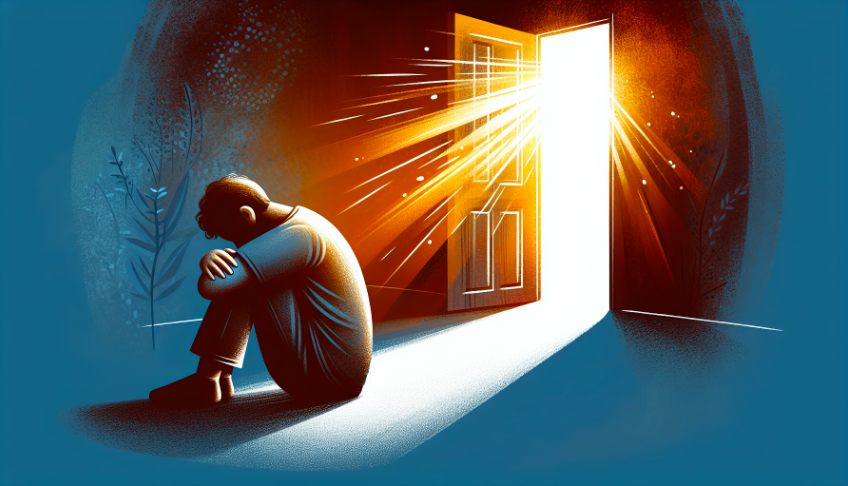
Fear of Abandonment
Have you ever felt the fear of abandonment or rejection? This fear is incredibly powerful and can have a significant impact on our relationships and personal growth. It holds us back from expressing ourselves authentically and achieving our dreams. In this blog, we...

Complex Trauma: What is it & How to Deal With it?
In this blog, we will explore the concept of complex trauma and how it affects our society. Many people associate trauma with a single, significant event, but there is another type of trauma that can occur over a prolonged period of time – complex (or relational)...
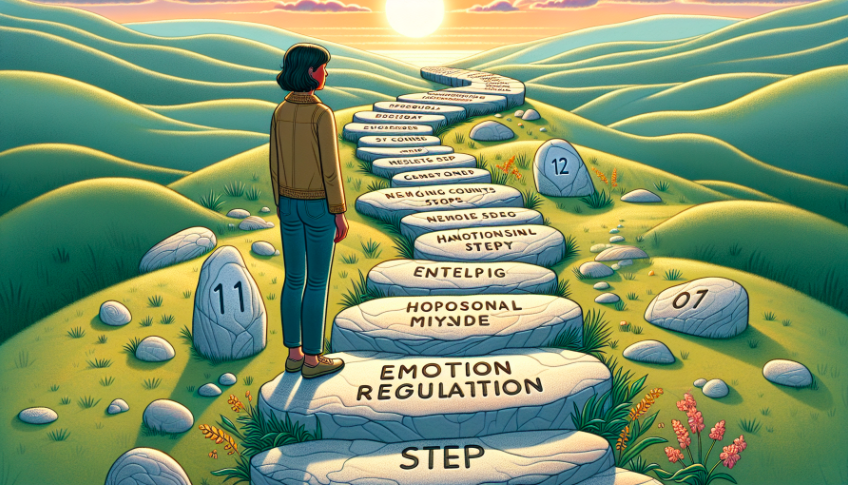
Emotion Regulation: A Step-by-Step Guide
In this blog, we will explore a practical guide to help you regulate your emotions and work through suppressed feelings. Emotion regulation is key to healing and ultimately transforming yourself and your life. Through a series of 10 steps, you can learn to navigate...

Depression: A New Perspective
If you are someone who sometimes or often feels depressive or has a depression, then this blog is for you. In this blog, we will explore a different perspective on depression and how it can be seen as a coping mechanism rather than a disorder or disease. By...
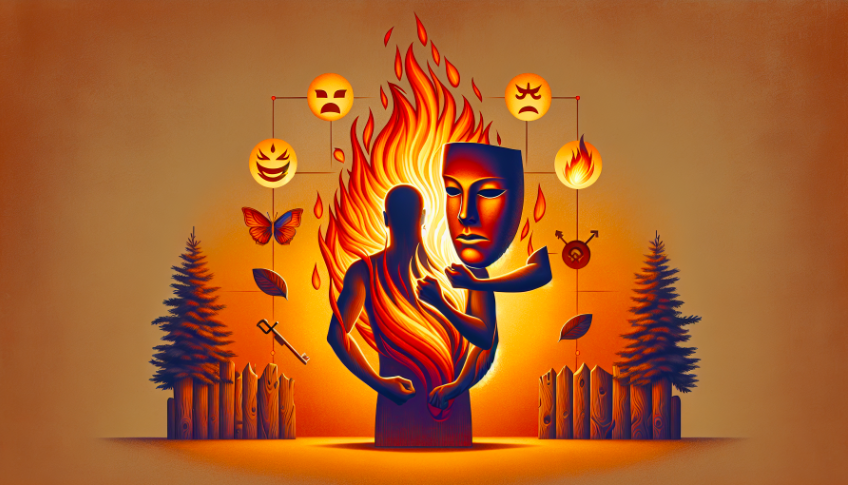
Anger as a Catalyst for Change
Anger is often seen as a negative emotion that we need to suppress or overcome. However, in reality, it can be a powerful tool for self-expression and authenticity. It is not something that we need to heal away or grow out of. Our anger is our truth, and it serves as...


